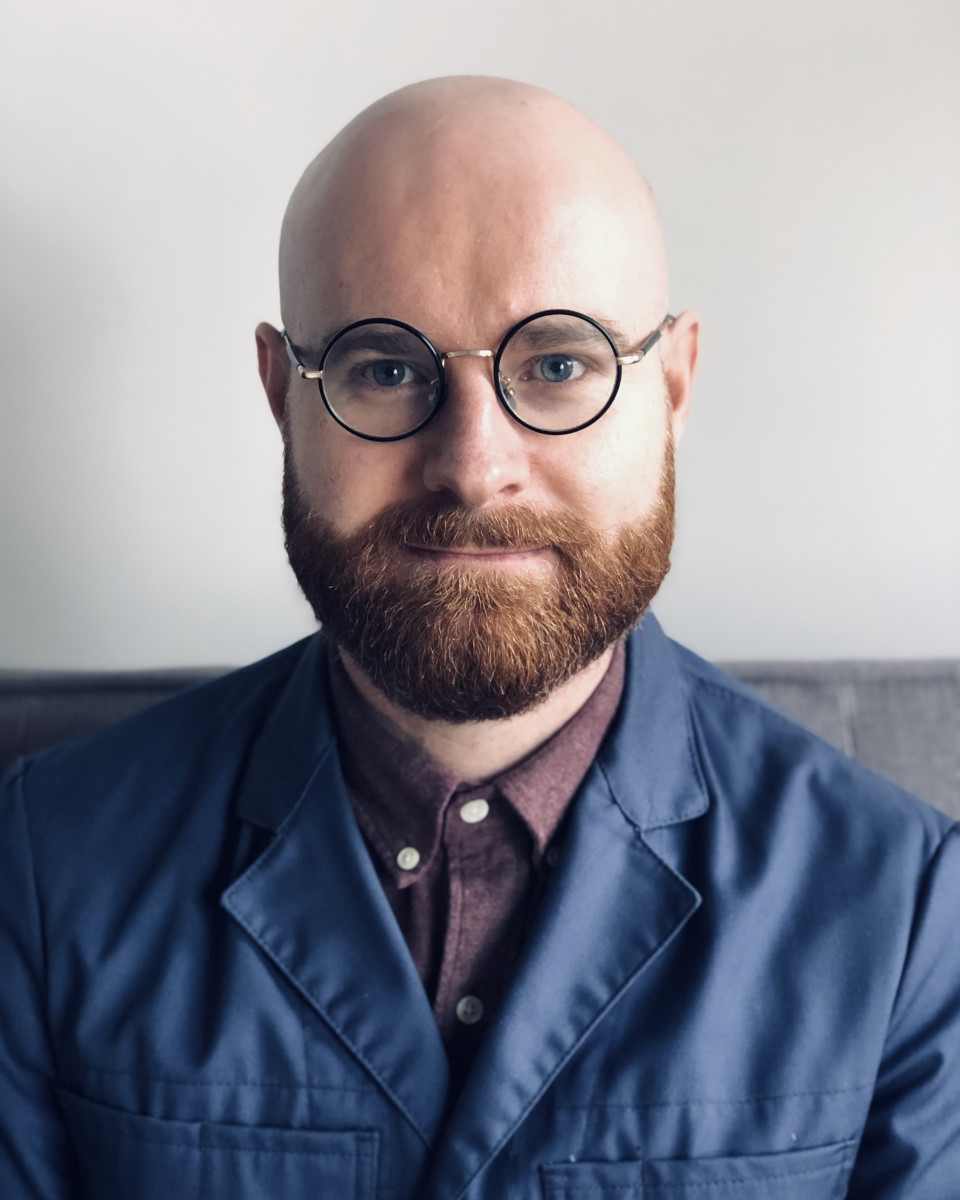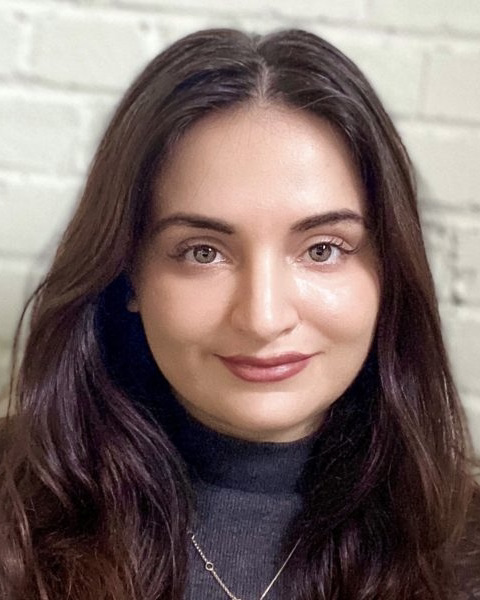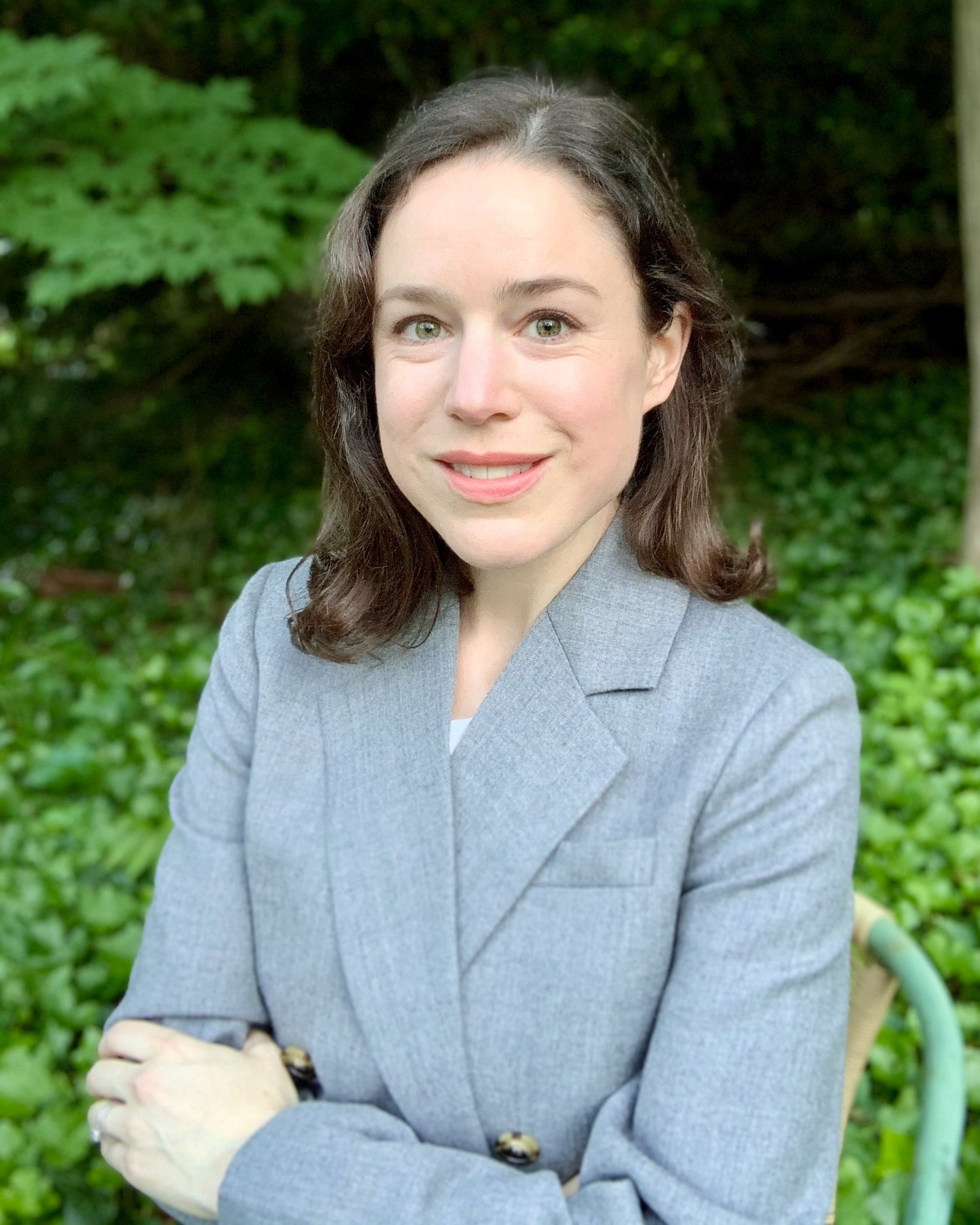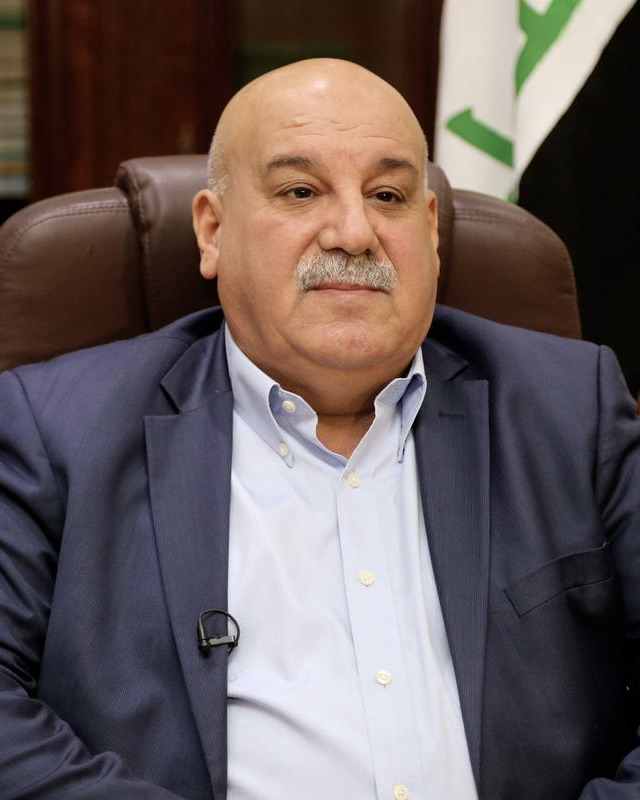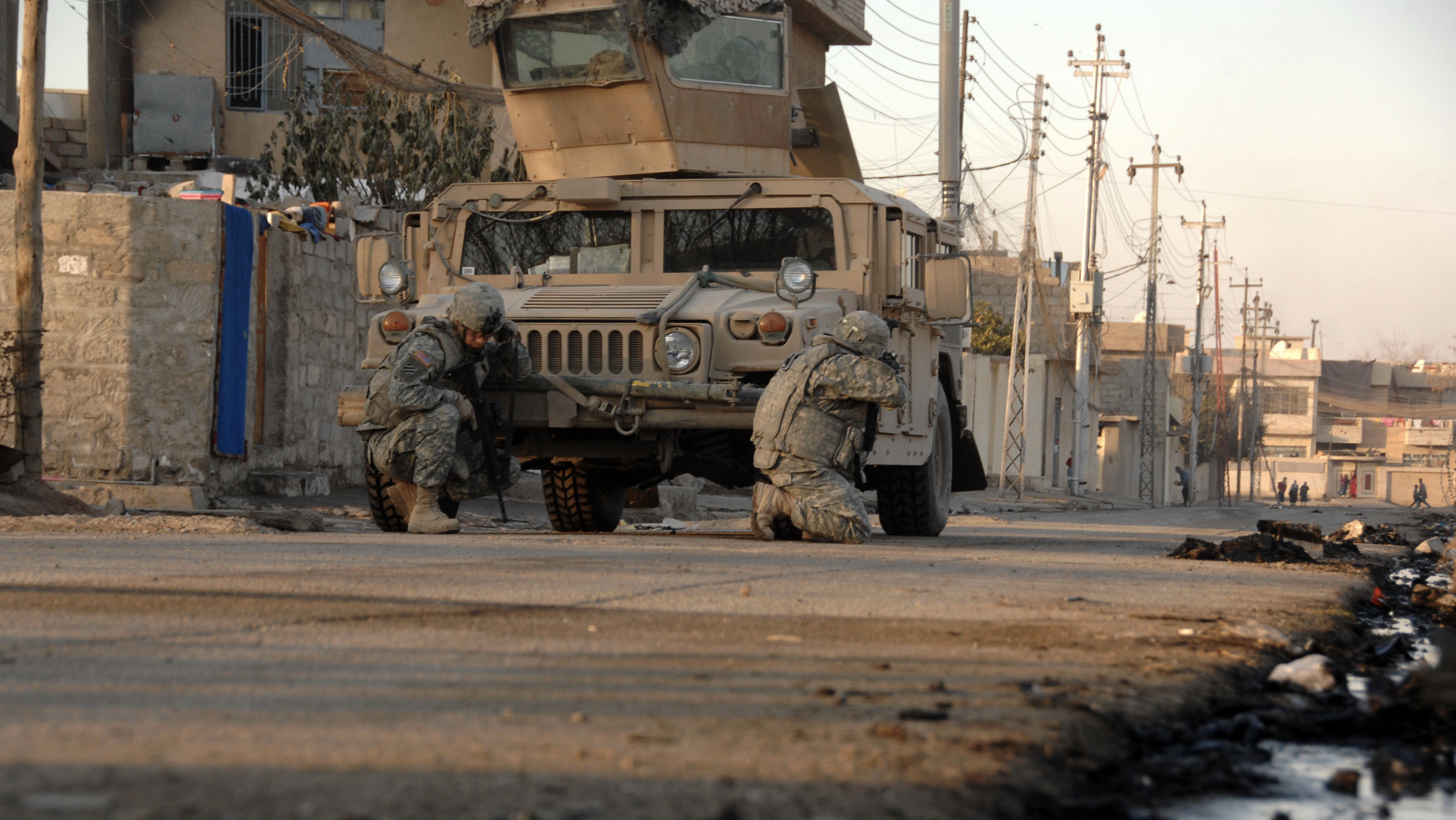
11 November 2021, 14:00–15:15 CET
Click here to register for this session. This session will be held in Arabic and English. Interpretation is available.
The battle to retake Mosul from the Islamic State (2016–17) raised a number of issues for military and humanitarian actors, centring around political competition, the protection of civilians and urban warfare. International non-governmental organizations (INGOs) had planned on the assumption Moslawis would flee the city but the Islamic State prevented their escape and used the presence of citizens as a battle tactic. From a humanitarian perspective, many INGOs had to adjust their planning after the battle began. Military actors engaged in battle in a densely populated city with much of the population being held hostage. At the same time, political competition between actors—including between the Government of Iraq and the Kurdistan Regional Government, the Popular Mobilisation Forces (PMF) and the international coalition, and the PMF and local actors—hindered tactics and limited battlefield success. The combined impact of all of the above negatively influenced post-war dynamics and the reconstruction processes, making it important to learn lessons on military and humanitarian planning. This panel will discuss how military and humanitarian actors adjusted to these dynamics, whether they were prepared and what lessons the battle offers for the future in terms of protection of civilians and urban warfare.
The session will address the following questions:
- What was the impact of the population staying in Mosul on military tactics and the wider humanitarian response?
- What lessons are there from the battle in terms of protection of civilians and urban warfare?
- What are the longer-term repercussions of the battle for Mosul?
Moderator
|
|
Dr Dylan O’Driscoll Dr Dylan O’Driscoll is a Senior Researcher and Director of SIPRI’s Middle East and North Africa (MENA) Programme. Dylan’s work focuses on the drivers of conflict and pathways to peace in the MENA Region and beyond. He is particularly interested in understanding people’s behaviour in relation to acts of peace and conflict at the everyday level. Dylan is also an Associate Research Fellow at the LSE Middle East Centre. He previously held the Conflict Research Fellowship at the Social Science Research Council, New York and worked as a Researcher and Lecturer at the Humanitarian and Conflict Response Institute (HCRI) at the University of Manchester. He was also previously Research Fellow at the Middle East Research Institute, Iraq, and a Visiting Research Fellow at the Polish Institute for International Affairs. Dylan has spent over two years working and conducting research in Iraq and has published widely in both policy and academia. |
Discussants
|
|
Rasha al-Aqeedi Rasha al-Aqeedi is a Senior Analyst and the Head of the Nonstate Actors program in the Human Security Unit at the Newlines Institute. Prior to joining the Newlines Institute, Rasha was the editor in charge of “Irfaa Sawtak,” a U.S.-based platform that offers insights into post-conflict communities in Iraq and Syria through personal digital storytelling, essays, and photo collections. Rasha has served as a fellow researcher at Foreign Policy Research Institute and George Washington University’s Program on Extremism. Before relocating to the United States, Rasha was on the editorial board at Al Mesbar Research and Studies Center in Dubai where she served as a researcher and security consultant. Her commentary and publications focus on armed groups, radicalization, Middle Eastern geopolitics, and contemporary Iraqi politics and society. Her work has been featured in The Atlantic, The Independent, The National, The New York Times, and The American Interest. |
|
|
Dr Michael Knights Dr Michael Knights is the Jill and Jay Bernstein Fellow at The Washington Institute, specializing in the military and security affairs of Iraq, Iran, Yemen, and the Gulf Arab states. Dr Knights has traveled widely in Iraq, Yemen, and the Gulf states, and regularly briefs U.S. government policymakers, congressional committees, and U.S. military officers on regional security affairs. He has worked extensively with local military and security agencies on the ground in Iraq, the Gulf states, and Yemen. Dr Knights has undertaken exhaustive research on lessons learned from U.S. military operations in the Gulf during and since 1990. He earned his doctorate at the Department of War Studies, King's College London, and later worked as the head of analysis for a range of security and oil companies, directing information-collection teams in Iraq, Libya, and Yemen. |
|
|
Dr Mara Revkin Dr Mara Revkin is a political scientist and legal scholar specializing in empirical research on armed conflict, peacebuilding, transitional justice, and migration with a particular focus on the Islamic State in Iraq, where she has conducted extensive field research since 2015 including a survey of more than 1,400 residents of Mosul. She has also worked with United Nations agencies in Iraq on issues including the recruitment of children by armed groups, rehabilitation and reintegration of civilians with family ties to the Islamic State, and security sector reform. She is currently the National Security Law Fellow at the Georgetown University Law Center and holds a J.D. and Ph.D. from Yale University. |
|
|
Jabar Yawar Jabar Yawar, is the Secretary General of the Ministry of Peshmerga in the Kurdistan Region Government (KRG). He served in this role since 2010, and previously held the post of deputy Minister of Peshmerga, and prior to that the security advisor to the Ministry of Interior. He played a leading role in coordination between the various forces in the battle against the Islamic State in Mosul and Nineveh. He has represented the KRG’s security forces in ongoing discussions with counterparts from the Government of Iraq to revive the joint coordination centers in the disputed territories. |
For additional information on this session, please contact the SSC 2021 Team at sthlmseccon@sipri.org.
